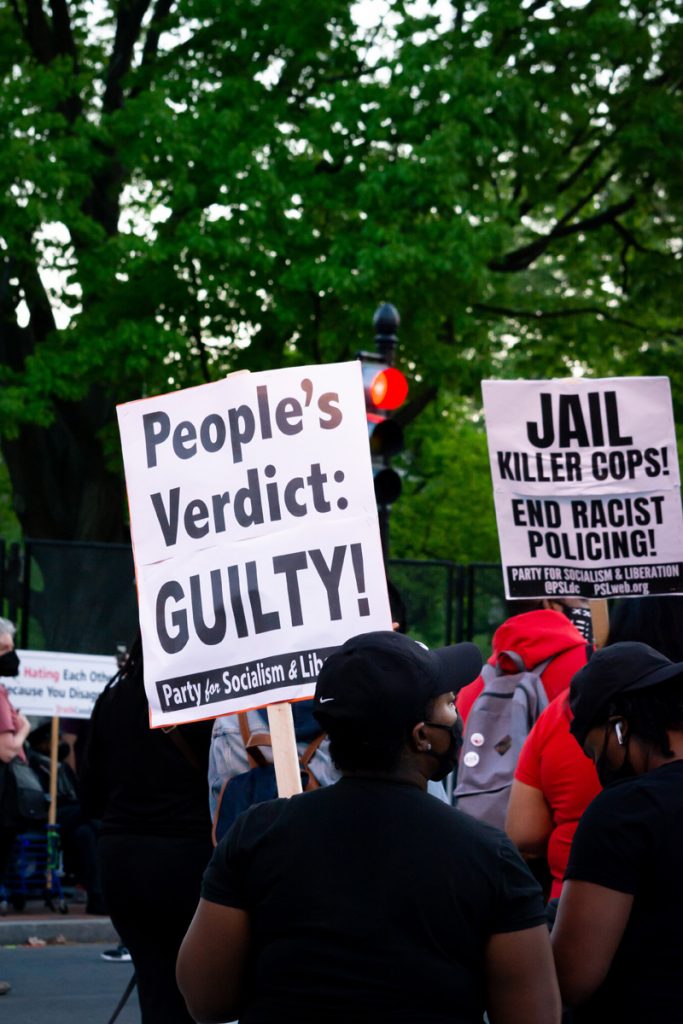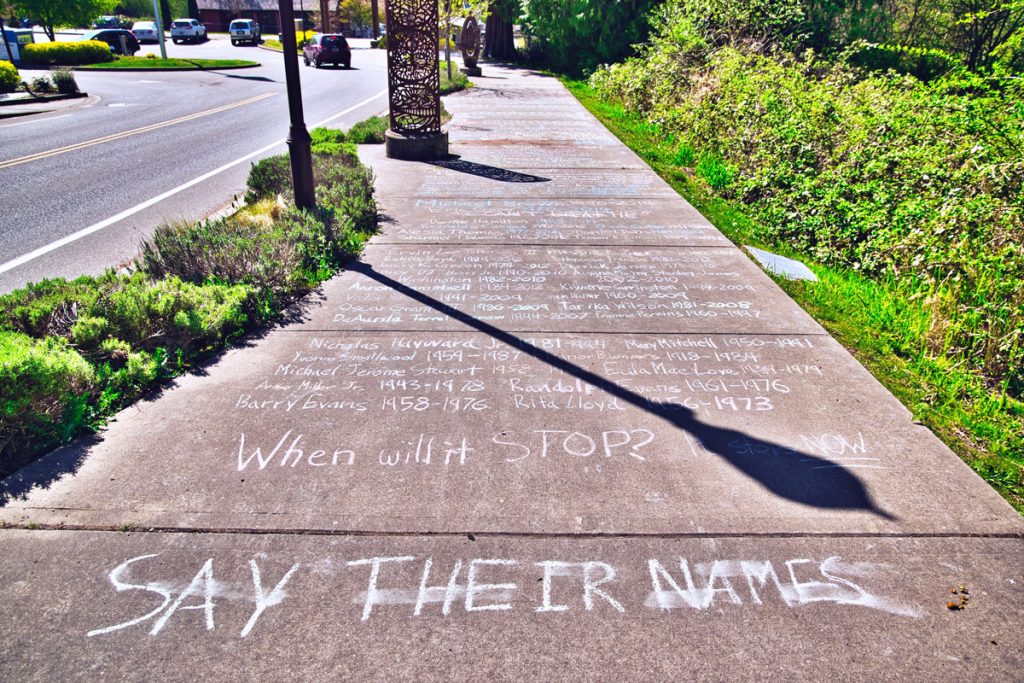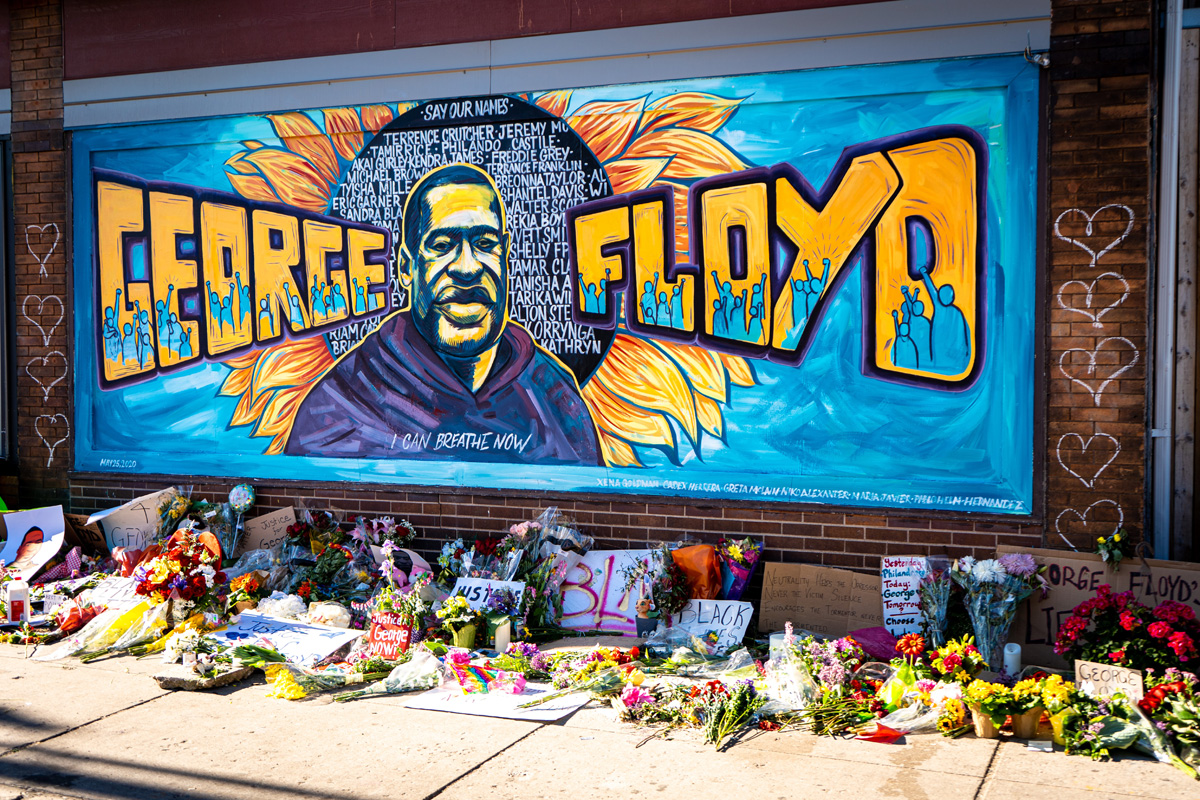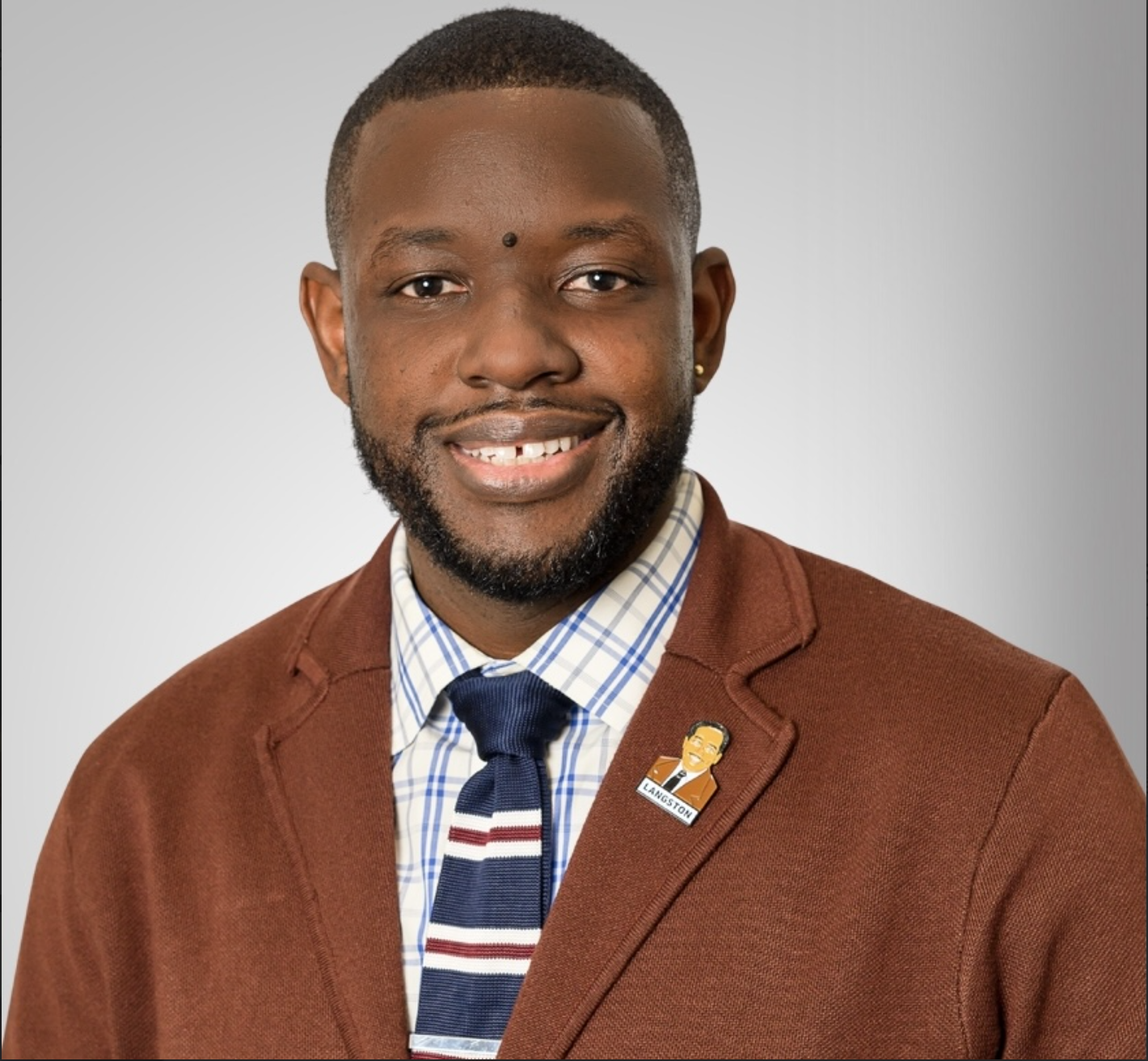They will not see us as humans. They will convince us to do the same. Since last week, the date has changed, but policing in America has not. Many organizations will continue to post compelling social-media statuses, touting justice, mourning George Floyd, chanting about small steps and accountability, but George will not applaud. He cannot. Ma’Khia Bryant will not cheer—she cannot. Daunte Wright will not celebrate—he cannot.
America empowered public servants to take their lives and their safety.

‘Yet, I Do Not Feel Safe’
As a Black man, father and husband I have followed all the rules. I have dedicated my professional life to education, acquired several degrees, maintained a clean record, gone to church, opened a church; I am even founding a school. I trained myself to be safe. I know how to lower my voice and code switch. I know how to take up less space and shrink this 6-foot frame into nothing. I have learned all this because life has taught me how to be safe.
Yet, I am not safe. I do not feel safe.
When I moved to Mississippi when I was 18, people warned me about the history of the South. They taught me how, at one point, Mississippi was home to the most lynchings in America.
As a northerner and New Yorker, I learned to form “yes, sir” and “yes, ma’am” from “yea” and “aight.” This was what southerners meant by polite. For Black Americans, this “politeness” could diffuse a situation and placate a racist. This is what was meant to keep me safe.
As a Black man, I have learned that sometimes they do not let you speak. Sometimes they do not let you breathe, and it does not matter where you come from or how well you submit. There exists no American guarantee of safety for Black men.
I have heard men, when expressing disgust over male-on-female violence, mention their wives and daughters. The idea is that because they have women in their lives, they could never fathom committing such acts. This is such a shallow and sickening ideology of which men should be ashamed. It suggests that in order to have empathy, a man must have specific women to protect, meaning that for a woman to have value or to be worthy of safety, she must belong to some man.
If only every cop could marry a Black man, this skewed logic implies, I would be safe and my life would matter to America. I would be worthy of safety.
If only white people could speak for us and decide for us, like some kind of owner activism. But Black people have seen what ownership looks like, and it does not equal safety. Honestly, there is no successful reckoning in America outside of listening to the voices of those whom America has oppressed.
Racists cannot fix racism. True reform and reconciliation requires giving people who have suffered oppression power over their future, to shape their future. Anything short of this will fail.

The Torment of Hope for Black America
I do not want to appear hopeless. I have hope. I believe that change is possible. I want America to change. I want the immutable value of Black people to be respected.
I have hope, but I am tired of hoping. I am tired of learning strategies for survival and safety. I am tired of passing on trauma and survival tactics to my sons. I want to matter because I matter. I want to believe that tomorrow will come, and everything will be different. But hope extracts a heavy toll, a price I struggle to continue paying. At some point hope becomes a torment. At some point the dissonance between what America has taught me, and what it has shown me, must reconcile.
Reconciliation is not a Twitter post or a poignant commercial; it is not a jury’s decision, or a peaceful protest. Reconciliation is a prerequisite to my safety. Reconciliation is a recovery of what Black people have been robbed of and what the lives of Black men and women end over. It is a return and acknowledgement of our humanity. It is as much spiritual, as it is physical and economic. It is a changing of the mind of those who benefit from white supremacy, and a changing of the hearts of those who live oppressed.
It is not a law, a reform, reparations or education—reconciliation is all of these and requires more. It is letting Black sons play in the street, and letting Black women sleep in their beds. It is the unconditional feeling of safety when police show up, and not the rotting pit of fear that eats at our stomachs when sirens flash.
It is the knowing that George, Daunte and Ma’Khia did not die for protests or prosecutions, but that their lives left an indelible mark on the conscience of America.
Reconciliation is America deciding to wake up and choose the safety of its citizens over sameness and comfort. It is the sharing of the power to shape America.
It is realizing that no one group of people is adequate to rule another.
This MFP Voices essay does not necessarily represent the views of the Mississippi Free Press, its staff or board members. To submit an essay for the MFP Voices section, send up to 1,200 words and factcheck information to azia@mississippifreepress.com. We welcome a wide variety of viewpoints.






